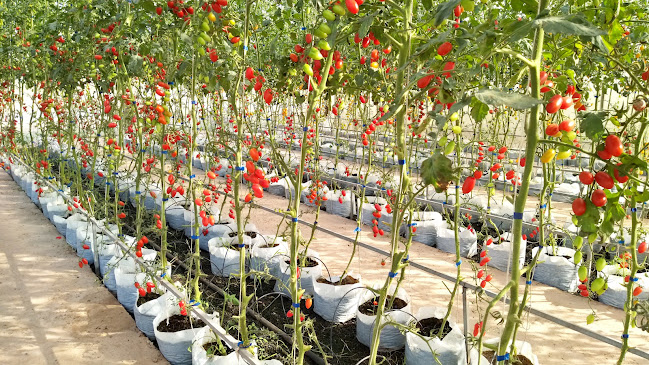Reuse of nutrient-rich treated wastewater for a food self-sufficiency in MENA: Addressing health concerns of emerging contaminants of small-scale farmers through agro-ecological tools
The project’s goal is to explore the efficacy of
agroecological interventions to improve safe and sustainable treated wastewater
reuse for water and food security with human health, social equity, and
environmental sustainability. In Jordan, the project target area is in the
Middle Jordan Valley. Treated wastewater from the As-Samara wastewater
treatment plant flows by gravity into the King Talal reservoir and mixing with
runoff water from Amman-Zarqa basin and finally reaches the Jordan Valley,
where the farmers use this water to irrigate their crops.
The project is led by IHE Delft, and the following
partners are involved: Nile University (NU), Benaa Foundation, Organic Valley
Association for community development and organic agriculture, Holding company
of Water and Wastewater (HCWW), Royal Scientific Society (RSS), Society of
Women’s Hemah, Muta’a University, Ministry of Water and Irrigation - Water
Authority of Jordan (WAJ/MWI), Basrah University, Agricultural Directorate of
Basra, World Health Organization (WHO).
The project targets rural communities with fragmented
agricultural fields that have limited availability and accessibility to
freshwater resources. They encounter serious health and environmental
challenges due to the reusing of treated wastewater to fill their increased
agricultural demands. The beneficiaries of this project are from several
groups, such as the Ministries of Water & Wastewater, Irrigation,
Environmental Protection, Agriculture, Education, and Health, associations,
municipalities, and organizations either from the public, private, or
community-based entities. Besides these beneficiaries, academic and research
circles will enrich their knowledge and experience about community-based
research, optimum and safe reuse practices, the adoption of agroecological
principles, and integrated management approaches. The project will identify and
enable emerging leaders of the wastewater reuse sector to cope with the radical
changes in the sector with a robust knowledge of wastewater reuse science,
technologies, agroecological aspects, and different management styles.


Comments
Post a Comment